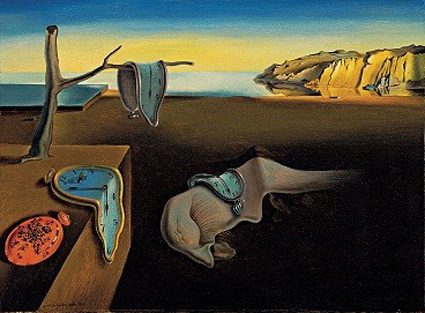When it comes to being a successful trial lawyer, there are many tools at your disposal. However, one of the most powerful and often overlooked tools is silence. By using silence strategically during trial, voir dire, and depositions, you can gain an advantage over your opponent and create a more effective and persuasive argument.
Silence During Trial
During a trial, there are many opportunities to use silence to your advantage. For example, when a witness is being cross-examined, you can use silence to create a moment of tension. After the witness has finished answering a question, you can pause for a moment before asking your next question. This creates a moment of silence that can be very effective in highlighting the witness's discomfort or uncertainty.
Silence can also be used to create a sense of drama in the courtroom. For example, if you're presenting a key piece of evidence, you can pause before revealing it. This builds anticipation and can make the evidence seem even more powerful.
In addition, silence can be used to regain control of the courtroom. If the opposing counsel is being disruptive or argumentative, you can simply remain silent for a moment. This can be very effective in getting the judge's attention and getting the opposing counsel to back down.
Silence During Voir Dire
Voir dire is the process of selecting a jury, and it's an important part of any trial. During voir dire, you have the opportunity to question potential jurors to determine if they are biased or have any conflicts of interest.
Silence can be used during voir dire to encourage potential jurors to speak more openly. For example, if a potential juror seems hesitant or unsure, you can simply remain silent. This can create a moment of silence that can encourage the potential juror to provide more information.
Silence can also be used to create a sense of authority and control during voir dire. By remaining silent and allowing potential jurors to provide information, you can create a sense of authority and control that can be very effective in persuading potential jurors to see things from your perspective.
Silence During Depositions
During a deposition, you have the opportunity to question witnesses under oath. This can be a valuable opportunity to gather information and prepare for trial.
However, witnesses may be evasive or uncooperative during depositions. In these situations, silence can be a powerful tool. If a witness is being unresponsive or evasive, you can simply remain silent. This creates a moment of tension that can make the witness uncomfortable and more likely to provide a straight answer.
Silence can also be used to encourage a witness to provide more information. For example, if a witness is providing a vague or incomplete answer, you can remain silent for a moment. This can encourage the witness to provide more information in order to fill the silence.
The Benefits of Using Silence
Using silence strategically during trial, voir dire, and depositions can have many benefits. For example, it can:
- Create tension and drama in the courtroom
- Highlight the discomfort or uncertainty of witnesses
- Regain control of the courtroom
- Encourage potential jurors or witnesses to provide more information
- Make the evidence seem more powerful
- Create a sense of authority and control
However, it's important to remember that silence should be used strategically and judiciously. Using silence too often or inappropriately can be counterproductive and make you appear weak or indecisive.
Tips for Using Silence Effectively
If you're interested in using silence strategically during trial, voir dire, and depositions, here are some tips to keep in mind:
- Plan ahead: Before the trial, think about where you can strategically use silence to your advantage.
- Practice: Practice using silence during your preparation for trial. This will help you feel more comfortable using it during the trial.
- Be confident: Using silence effectively requires confidence. If you're nervous or unsure, it may not be as effective.
- Use body language: Silence can be enhanced by using appropriate body language. For example, you can make eye contact with the judge or potential jurors during moments of silence.
- Use silence sparingly: Silence should be used strategically and judiciously. Using it too often or inappropriately can be counterproductive.
In Conclusion
Silence can be a powerful tool during trial, voir dire, and depositions. By using silence strategically, you can gain an advantage over your opponent, create a more effective and persuasive argument, and regain control of the courtroom. However, it's important to use silence strategically and judiciously. With practice and experience, you can learn to use silence effectively and become a more effective litigator.
Other articles related to best practices around voir dire, depositions and legal communications techniques from A2L include:
- Witness Preparation: The Most Important Part
- 6 Tips for Effectively Using Video Depositions at Trial
- 10 Signs the Pressure is Getting to You and What to Do About It
- Witness Preparation: Hit or Myth?
- 5 Signs of a Dysfunctional Trial Team (and What to Do About It)
- 7 Videos About Body Language Our Litigation Consultants Recommend
- Free Storytelling Webinar - Watch Now
- Free PowerPoint Litigation Graphics for the Courtroom Webinar - Watch Now





Leave a Comment